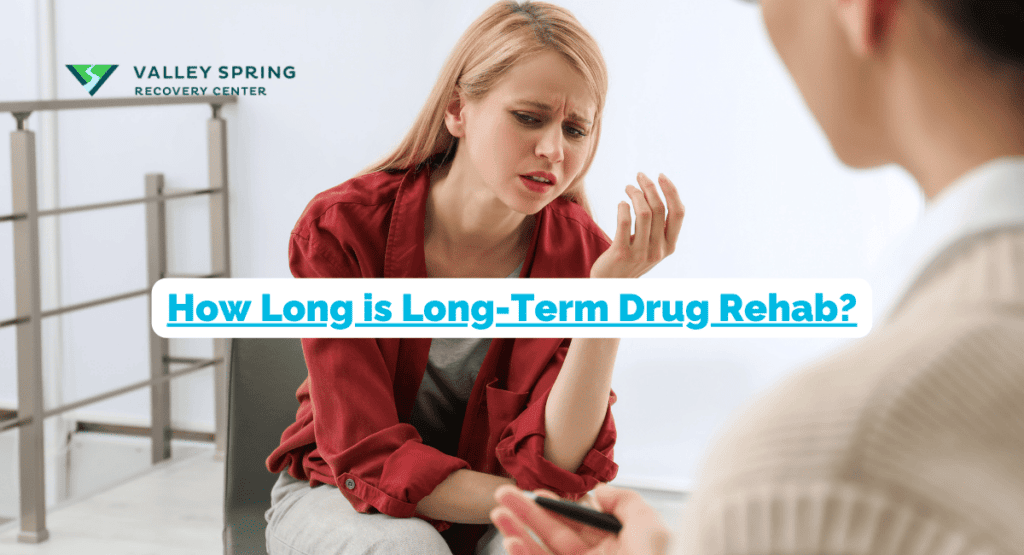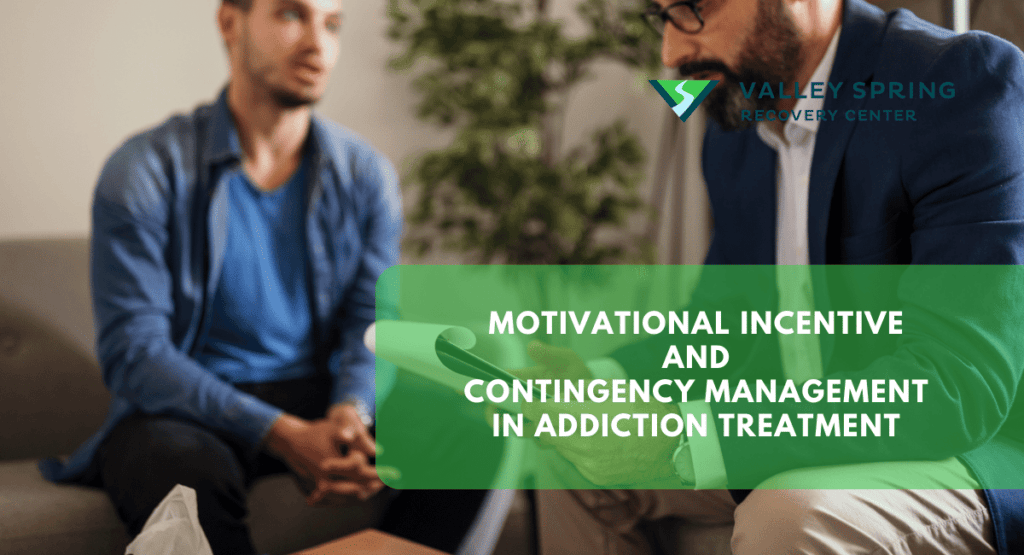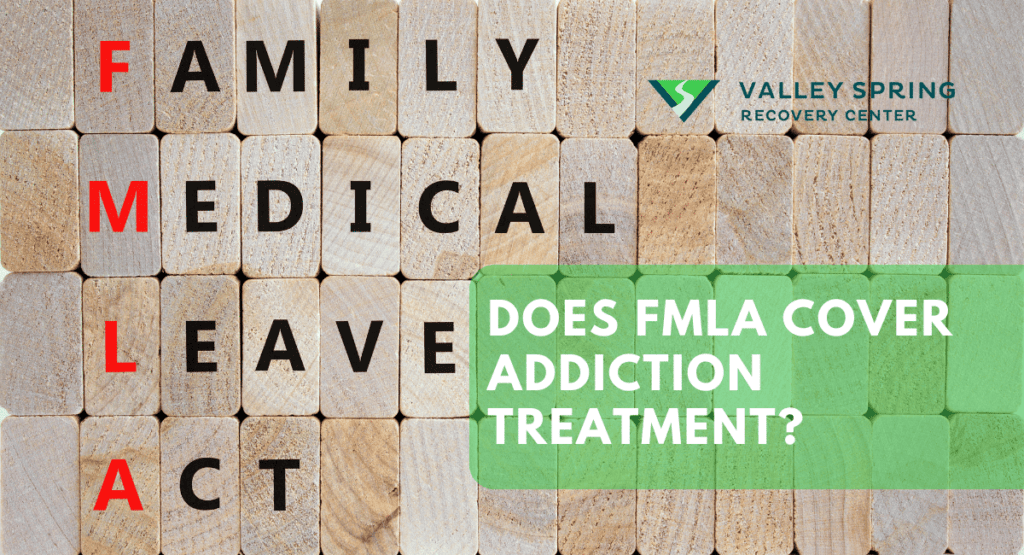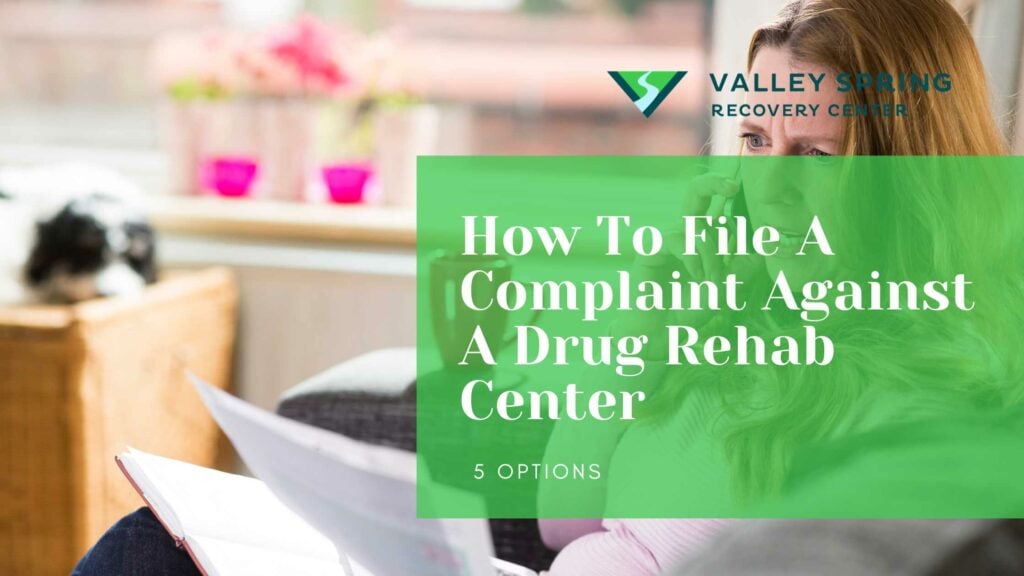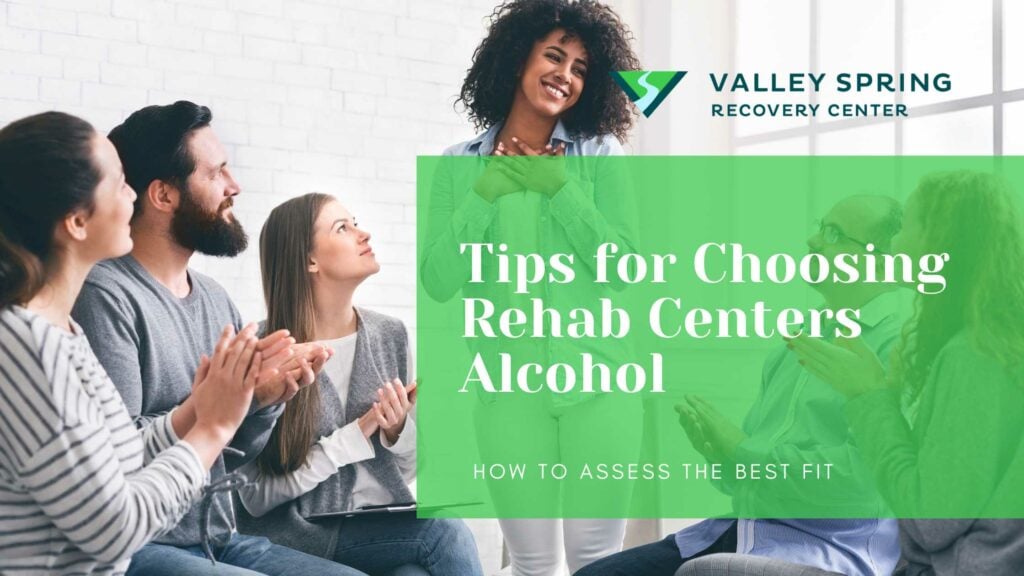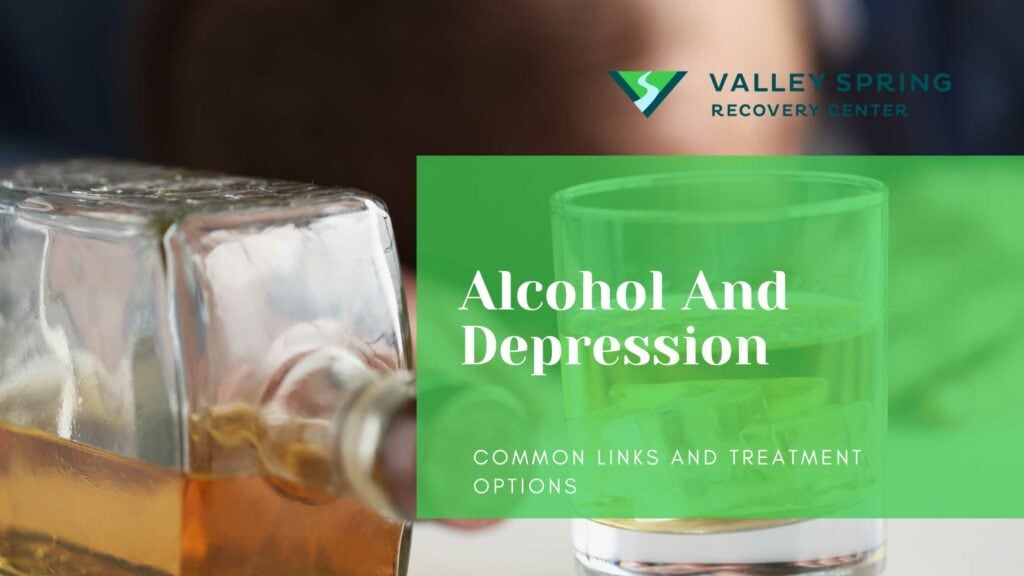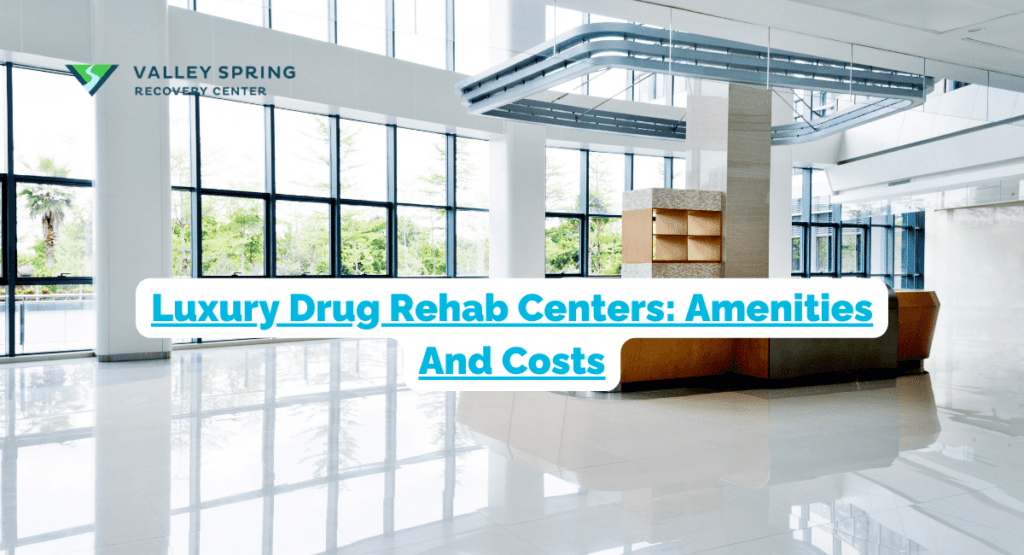How long does recovery typically take? And of that time, how much should be spent in a rehabilitation facility? Loved ones of addicts, addicts themselves and many family members of addicts have all asked the same question with the hope of a brighter future and life beyond addiction.
According to the American Society of Addiction Medicine, it takes 5 years of continuous sobriety to be considered to be in remission from drug or alcohol addiction.
There is no one-size-fits-all answer for how long drug rehab should last in order to achieve lasting sobriety and abstinence. Some people attend treatment 30 times and spend years of their lives trying to recover, others spend time in jail or prison in long-term rehab programs and others get sober outside of a rehab center through peer recovery groups like AA or NA, get the right amount of support from therapy or medication.
Still, The duration of treatment can have a significant impact on its effectiveness and the chances of long-term recovery. While there is no one-size-fits-all answer to this question, long-term drug rehab programs typically extend beyond the traditional 30-day treatment model.
These programs often last for 90 days or more, providing individuals with an extended period of intensive therapy, support, and skill-building. According to research, longer durations of treatment have been associated with improved recovery rates and reduced relapse rates, emphasizing the importance of a comprehensive and extended approach to addiction treatment.
What is Long-Term Rehab?
Long-term rehab, also known as long-term rehabilitation or extended care, refers to a comprehensive and structured treatment program designed to support individuals in their recovery from severe or chronic substance abuse or addiction, as well as certain medical or mental health conditions. Long-term rehab typically offers an extended duration of treatment compared to shorter-term programs, which may last several months to a year or more.
The primary goal of long-term rehab is to provide individuals with the necessary tools, skills, and support to achieve and maintain sobriety, improve their overall well-being, and reintegrate into society successfully. These programs offer a highly structured and immersive environment where individuals can receive intensive therapy, counseling, medical care, and ongoing support.
According to research by the National Institute on Drug Abuse, remaining in treatment for the appropriate time is crucial, as most addicted people require a minimum of three months in rehabilitation to achieve a significant reduction in addiction.
Long-term rehab often takes place in residential facilities or therapeutic communities, where participants live on-site for the duration of the program. This setting allows for a controlled and supportive environment, free from external triggers and influences that may hinder recovery. Participants receive 24-hour care and support from a multidisciplinary team of professionals, including doctors, therapists, counselors, and support staff.
How Many Sessions Is Long-Term Therapy
The number of sessions in long-term therapy can vary widely depending on the individual’s needs, treatment goals, and the type of therapy being used. However, in the space of six months, you can expect from twenty to thirty sessions to help you feel confident in your treatment and recovery goals.

How Long Does Long-Term Rehab Last?
The duration of a long-term rehab program can vary depending on several factors, including the individual’s needs, progress, and the specific program or facility they are attending. However, long-term rehab programs generally span several months to a year or more. In some cases, the program may extend beyond a year if deemed necessary for the individual’s recovery.
The extended duration of long-term rehab is intended to provide individuals with a comprehensive and immersive treatment experience, allowing them ample time to address underlying issues, develop coping skills, and establish a solid foundation for sustained recovery. Since recovery is a highly individualized process, the length of the program can be adjusted based on the person’s progress and ongoing assessment by the treatment team.
The duration of long-term rehab is not solely determined by a specific timeframe. Rather, it is based on the individual’s progress and readiness to transition to the next phase of their recovery. The treatment team continuously evaluates the person’s needs, goals, and overall well-being to determine the appropriate length of stay in the program.
It’s also worth mentioning that after completing a long-term rehab program, individuals often continue to engage in aftercare services, such as outpatient therapy, support group participation, or ongoing counseling, to support their recovery journey and maintain their progress over the long term.
What Factors Influence the Length of Long-Term Rehab?
The length of long-term rehab can be influenced by several factors that are considered when determining the appropriate duration for an individual’s treatment. While the specific length may vary depending on the program and the person’s needs, here are some common factors that can influence the duration of long-term rehab:
- Severity and Duration of Addiction
- Co-occurring Disorders
- Individual Progress and Needs
- Treatment Approach and Program Structure
- External Support Systems
- Insurance Coverage and Resources
The determination of the length of long-term drug rehab is made collaboratively between the individual and treatment providers. The goal is to strike a balance between providing sufficient time for comprehensive treatment and considering the individual’s needs, progress, and available resources.
What Qualifying Substances are Treated at Long-Term Rehab
Long-term rehab programs are designed to treat various substance abuse and addiction issues. While the specific substances treated can vary depending on the program and facility, long-term rehab generally addresses a wide range of substances, including:
- Alcohol
- Opioids such as oxycodone, hydrocodone, and heroin
- Stimulants such as cocaine and methamphetamine, or prescription stimulants like Adderall or Ritalin.
- Benzodiazepines like Xanax, Valium, or Ativan.
- Cannabis
- Hallucinogens like LSD, psilocybin mushrooms, or MDMA (ecstasy).
- Polydrug use
While all these drugs of abuse may be treated in long-term rehabilitation, the approaches to treatment for each one are different.

What are the Goals and Benefits of Long-Term Rehab?
The goals and benefits of long-term rehab can vary depending on the individual’s needs and the specific program. However, some common goals and benefits of long-term rehab include:
1. Sustained Sobriety
The primary goal of long-term rehab is to support individuals in achieving and maintaining long-term sobriety from drugs or alcohol. The extended duration of the program allows for intensive treatment, addressing the underlying causes of addiction and providing individuals with the necessary tools and skills for lasting recovery.
2. Comprehensive Treatment
Long-term rehab programs offer a holistic and comprehensive approach to treatment. They address not only the physical aspects of addiction but also the psychological, emotional, and social factors contributing to substance abuse. This comprehensive approach aims to promote overall well-being and help individuals develop a balanced and healthy lifestyle.
3. Relapse Prevention
Long-term rehab focuses on equipping individuals with relapse prevention strategies and coping mechanisms to navigate challenges and triggers after leaving the program. Through therapy, education, and skill-building activities, individuals learn how to identify and manage cravings, develop healthy coping strategies, and build a strong support network.
4. Emotional and Mental Health Support
Many long-term rehab programs provide specialized care for individuals with co-occurring mental health disorders, such as anxiety, depression, or trauma-related conditions. By addressing both addiction and mental health concerns simultaneously, long-term rehab aims to improve overall emotional well-being and increase the chances of sustained recovery.
5. Personal Growth and Self-Empowerment
Long-term rehab programs focus on personal growth and empowering individuals to take control of their lives. Through therapy, counseling, and skill-building activities, individuals gain self-awareness, develop healthy self-esteem, and acquire essential life skills that support their recovery and overall personal development.
6. Peer Support and Community
Long-term rehab programs often create a supportive community within the treatment facility. By engaging in group therapy sessions and living alongside peers who are also working towards recovery, individuals benefit from a sense of belonging, understanding, and peer support. This support network can be instrumental in maintaining motivation, sharing experiences, and fostering accountability.
7. Aftercare Planning
Long-term rehab programs typically include robust aftercare planning to support individuals as they transition back into their daily lives after completing the program. This may involve connecting them with outpatient services, support groups, relapse prevention resources, and ongoing therapy to ensure continued support and success in their recovery journey.
The goals and benefits of long-term rehab are centered around providing individuals with the necessary tools, support, and skills to overcome addiction, improve their overall well-being, and lead fulfilling lives free from substance abuse.
Does Insurance Cover Long-Term Drug and Alcohol Rehab?
When going through long-term rehab, the cost of maintaining the treatment becomes a challenge. However, with insurance, a large chunk of that cost can be paid off by your insurance provider. Insurance coverage for long-term drug and alcohol rehab varies depending on the insurance provider, policy, and the specific treatment program.
Some insurance plans cover long-term rehab to a certain extent, while others may have limitations or exclusions for this type of treatment. If you’re worried your insurance provider may not cover the full length of your long-term rehab, contact your provider directly and inquire about the details of your policy, including any limitations or requirements for substance abuse treatment coverage.
Some insurance types to consider are:
- Private Health Insurance
- Employer-Sponsored Insurance
- Medicaid
Note that even if your insurance covers long-term rehab, there may be certain limitations, such as the duration of coverage, specific treatment requirements, and the need for pre-authorization or referrals. Additionally, deductibles, copayments, and coinsurance may still apply, and you may be responsible for paying a portion of the treatment costs.
In some cases, insurance may not provide coverage for long-term rehab or may have limited benefits. If insurance coverage is not available or insufficient, you can explore other options, such as self-pay, sliding scale fees, grants, scholarships, or assistance programs offered by treatment facilities.
Is 30-Day Rehab Long Enough?
A 30-day rehab program is often the starting point for addiction treatment, but its adequacy varies depending on individual circumstances. For some, this period provides enough time to detoxify the body and begin learning coping strategies. However, for many individuals, especially those with long-standing or severe addictions, a 30-day program is just the initial step. Longer-term treatment may be necessary to address deep-rooted issues and provide a more solid foundation for recovery. The effectiveness of a 30-day rehab also depends on factors such as the type of addiction, the person’s mental health status, and their support system outside of rehab.
Is 90-Day Drug and Alcohol Rehab Long Enough?
A 90-day drug and alcohol rehab program is generally considered more effective than shorter programs, as it allows more time for detoxification, therapy, skill-building, and post-treatment planning. The National Institute on Drug Abuse suggests that longer treatment durations are often more beneficial, providing ample time to address the addiction’s root causes and reinforce new habits. A 90-day + addiction treatment program is particularly advantageous for individuals with severe or long-term addictions, as it offers a comprehensive approach to recovery, encompassing medical, psychological, and social support. However, the ideal length of rehab still depends on personal factors like the severity of the addiction, individual health needs, and specific recovery goals.
Where To Find Extended Stay Drug and Alcohol Rehab?
The duration of long-term drug rehab can vary depending on several factors, including individual needs, treatment progress, and program structures. While there is no universally defined timeframe, long-term drug rehab programs typically last for 90 days or longer, offering individuals an extended period of intensive treatment and support.
This extended duration allows for a comprehensive approach to address the complex nature of addiction, including physical, psychological, and social aspects. By providing individuals with ample time to address underlying issues, learn coping skills, and build a strong foundation for lasting recovery, long-term drug rehab programs aim to increase the likelihood of sustained sobriety and overall well-being.
It’s important to consult with treatment professionals and explore various program options to determine the most suitable duration for your specific needs and goals. Remember, recovery is a personal journey, and the length of time required for effective rehabilitation may vary from person to person. Speak with our admissions team today to begin your journey to wholesome recovery. We’re here to help you.
Ben Fisher
All author postsShare This Post

